Book Launch | People Power: How Australian referendums are lost and won
Event description
On Thursday 10 October, join authors George Williams and David Hume at the Whitlam Institute for the launch of their newly updated book People Power: How Australian referendums are lost and won.
In this updated edition, explore analysis on the 2023 Voice referendum along with discussion of the rise of interest in state and territory referendums, and the 2017 national plebiscite on same-sex marriage. The event will feature a panel discussion with the authors and includes time for questions. This will be followed by a book signing, with light refreshments provided.
ORDER OF PROCEEDINGS
1:15pm: Registration opens
1:30pm: Event commences - Introduction by Professor John Juriansz, Director, Whitlam Institute.
1:40pm: Panel Discussion - Moderated by Professor Catherine Renshaw, Dean, WSU School of Law.
+ Audience Q&A
3:00pm: Book signing & refreshments
ABOUT THE BOOK
Why has success been so rare in Australian referendums? From the failed attempt to ban communism in 1951 to the unsuccessful Voice referendum in 2023, Australians have been cautious about constitutional change, voting ‘Yes’ to only eight out of 45 referendum proposals.
In People Power, the only full history of constitutional change in Australia, Williams and Hume closely examine our referendum record and explain why success is difficult to achieve. They interview leading proponents for constitutional change and analyse each referendum campaign, the public response and the forces that shaped the outcome.
And the answer to holding a successful referendum in Australia? Truly engaging the people in the political process.
‘Essential reading’ — Marcia Langton, Meanjin
‘The first of its kind’ — Indigenous Law Bulletin
‘A handy reference for teachers and students of Australian history and politics.’ — The Age
ABOUT OUR SPEAKERS
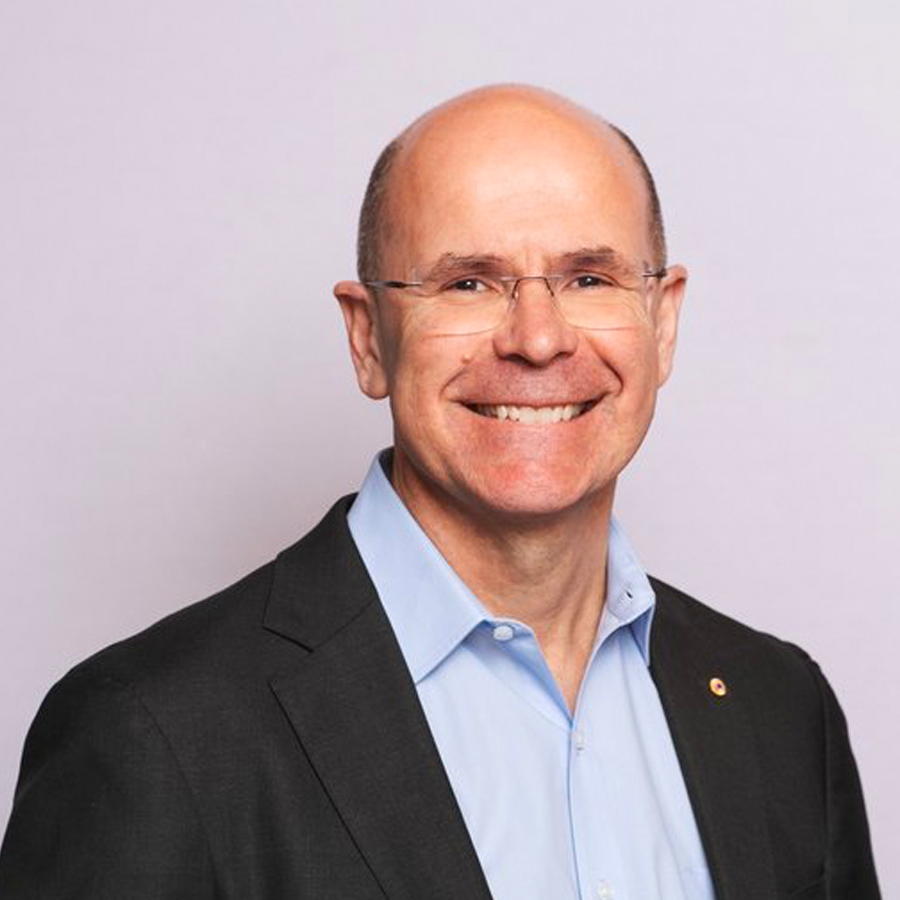
Distinguished Professor George Williams AO is the Vice-Chancellor and President of Western Sydney University. He formerly held positions at UNSW including as Deputy Vice-Chancellor (Planning and Assurance), Dean of Law, Anthony Mason Professor of Law and Scientia Professor. He is a leading constitutional lawyer whose books include Australian Constitutional Law and Theory, The Oxford Companion to the High Court of Australia and How to Rule Your Own Country: The Weird and Wonderful World of Micronation. He has appeared as a barrister in the High Court and has led major public inquiries.
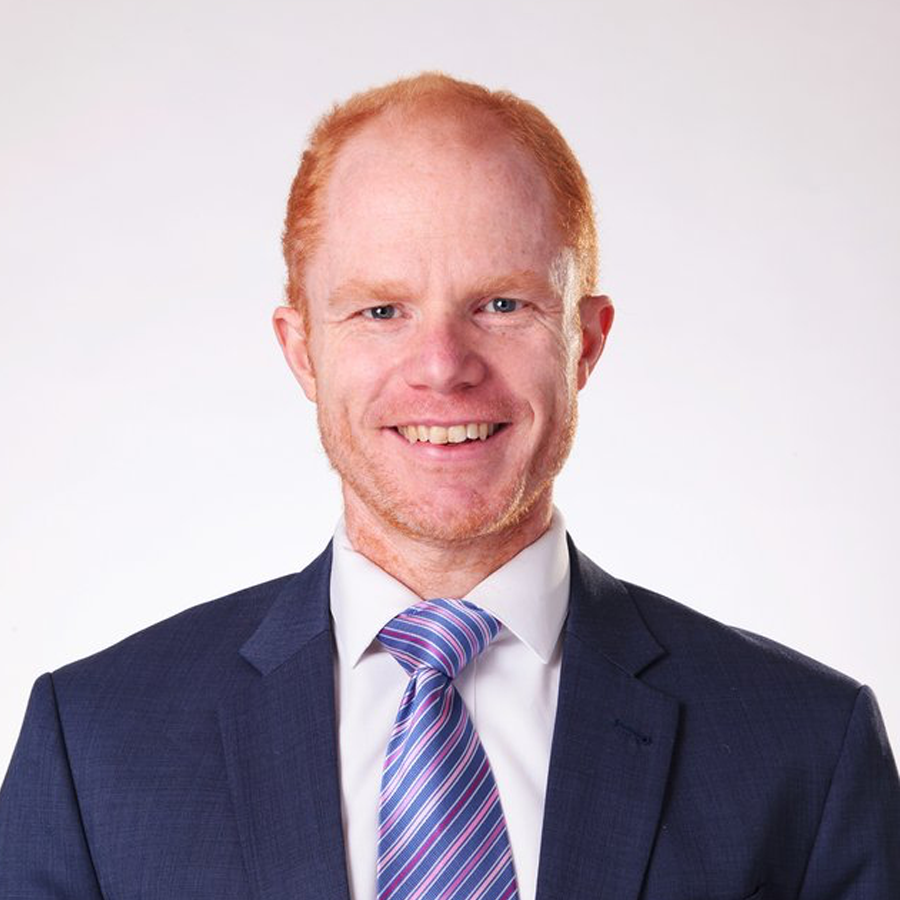
David Hume is a Barrister at the New South Wales Bar and a Fellow of the Gilbert + Tobin Centre of Public Law. David has appeared in more than 30 cases in the High Court of Australia, including many constitutional cases. He has previously worked for the Constitutional Litigation Unit at the Australian Government Solicitor, as a Solicitor at Freehills and as the Associate to Chief Justice Murray Gleeson. He has a Masters of Laws from Harvard Law School, which he attended as a General Sir John Monash Scholar and Frank Knox Memorial Fellow. He has university medals in Law and Philosophy from the University of New South Wales.
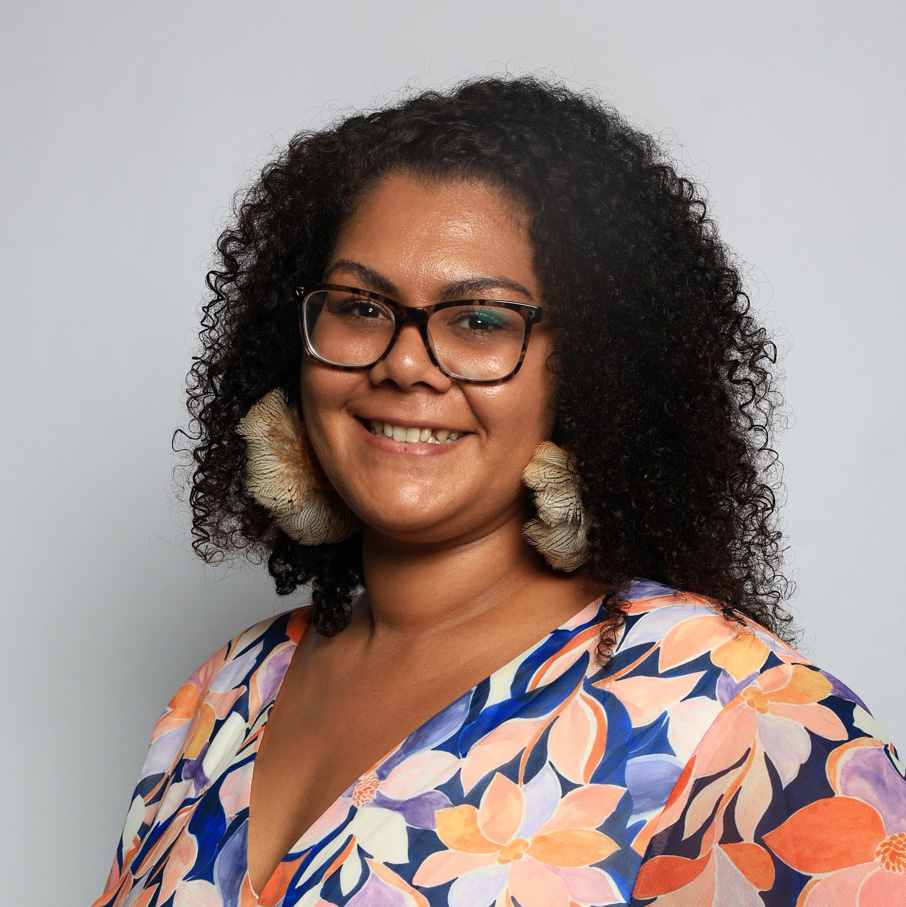
Bridget Cama is a Wiradjuri Indigenous Fijian woman and lawyer. She has been working with the Uluru Dialogue since March 2019 and is currently Legal Research Officer to Prof Megan Davis, Pro Vice Chancellor Society UNSW and an Associate of the Indigenous Law Centre based at UNSW Law and Justice. Bridget is also the Co-Chair of the Uluru Youth Dialogue alongside Allira Davis, who led the youth movement in support of a constitutional Voice to Parliament and who advocate for and are involved in the work of the implementation of the Uluru Statement from the Heart reforms more broadly.
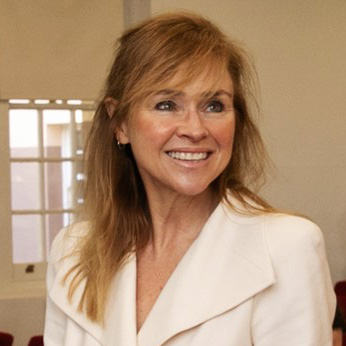
Professor Catherine Renshaw is the Dean of Law at Western Sydney University. She obtained her law degree from UNSW and her PhD from Sydney University. She started her legal career at Allens, practicing as a commercial litigator, and then went to work for the Legal Aid Commission of New South Wales, where she ran discrimination cases. Catherine has been a Professor in the School of Law at Western Sydney University since 2020, and has also held the role of Associate Dean of Research. As a researcher, Catherine’s work focuses on international human rights law. Catherine is Co-Chair of the International Human Rights Law chapter of the Australian and New Zealand Society of International Law, and a member of the Advisory Committee of Rights of Older Persons Australia (ROPA). Before the coup d’état in Myanmar in 2021, Catherine worked for a decade with civil society groups and pro-democracy activists attempting to consolidate the country’s transition to democracy. Catherine’s teaching focuses on the critical early-year learning of law students, and on the pedagogical practices that deepen authentic learning and the ethical orientation of law students.
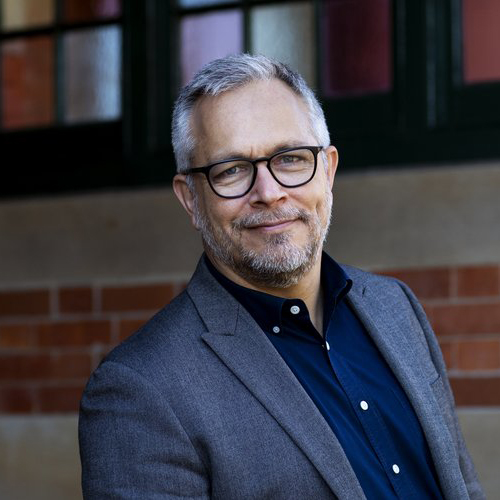
Professor John Juriansz is the Director of the Whitlam Institute within Western Sydney University. John recently served as Deputy Dean of the School of Law at Western Sydney University (2019-2022) and has lectured in Legal Technology, Remedies, and Equity & Trusts. Prior to joining WSU, John was a Senior Lawyer at Gilbert + Tobin Lawyers where he engaged in the practice areas of Commercial Litigation and White Collar Crime, a Solicitor in Dispute Resolution and Mergers & Acquisitions at King & Wood Mallesons (including a secondment as general legal counsel to MLC Limited), a Member of the Litigation, Law & Practice Committee of the Law Society of NSW, and a researcher at the Australian Law Reform Commission.
This event is held in partnership between the Whitlam Institute within Western Sydney University, WSU School of Law and UNSW Press.
whitlam.org
Tickets for good, not greed Humanitix dedicates 100% of profits from booking fees to charity


